Death in Crotone: the tragedy of a migrant boat
Italian authorities under fire after deadliest shipwreck in the country’s waters since 2013
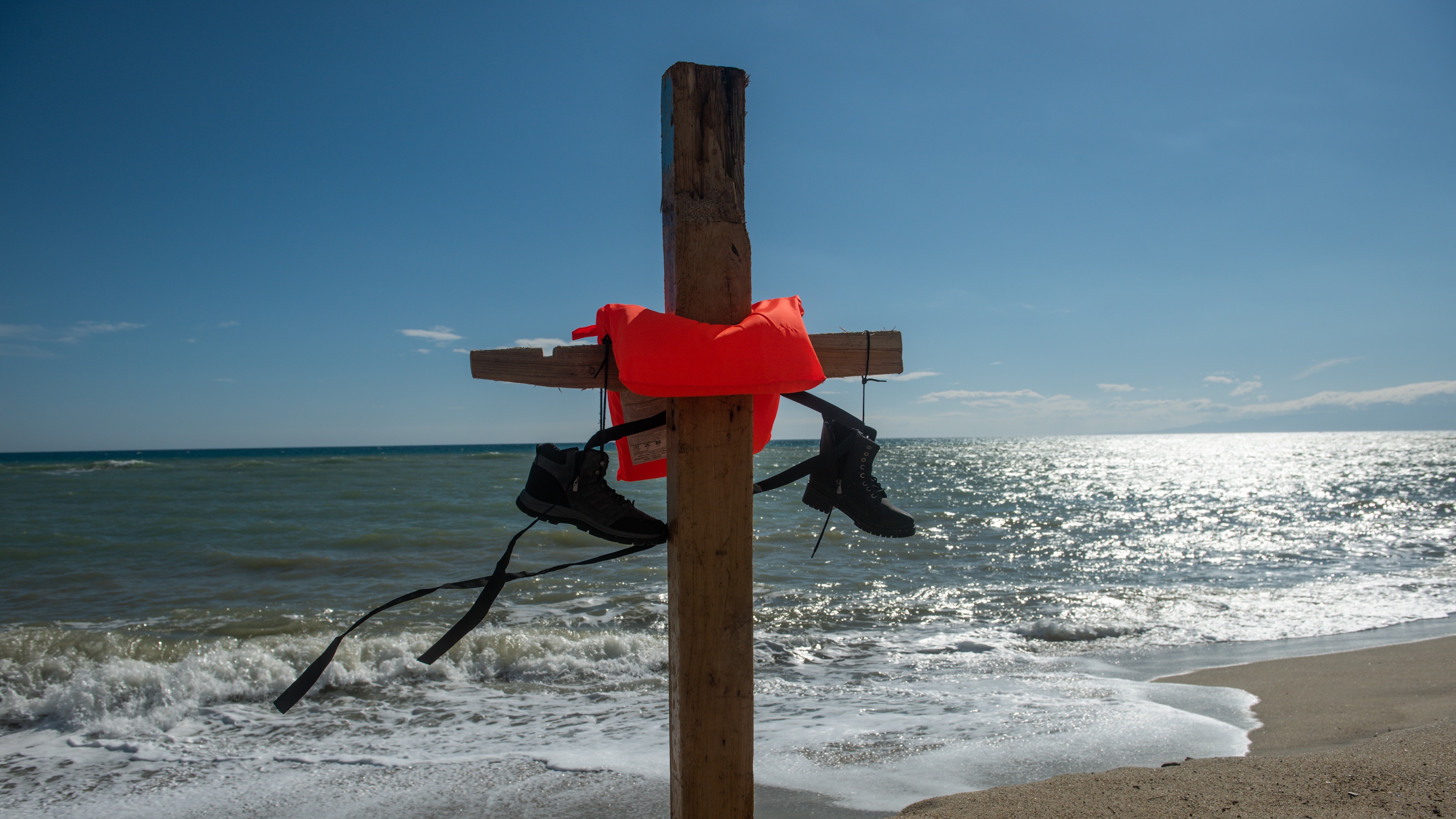
A free daily email with the biggest news stories of the day – and the best features from TheWeek.com
You are now subscribed
Your newsletter sign-up was successful
On 21 February, around 180 people, mostly from Afghanistan, Iran, Somalia and Pakistan, were taken by truck from Istanbul to Izmir on Turkey’s Mediterranean coast. That night they boarded a ship, the Luxury 2, for Calabria in southern Italy, said Oliver Meiler in Süddeutsche Zeitung (Munich).
Smugglers sold each place on board for between $4,000 and $8,000. Soon after, the ship’s engine died and the smugglers replaced the Luxury 2 with an old wooden fishing cutter, Summer Love, and the migrants continued on their “long and dangerous journey”.
At 10.30pm on 25 February, a plane operated by Frontex, the EU border agency, spotted the boat in rough seas about 40 miles off the Italian coast. Its thermal cameras gave an image which was “very red”, indicating many people were in the ship’s hold. Frontex notified the Italian authorities, who sent out two boats, but they turned back because the waves were too high.
The Week
Escape your echo chamber. Get the facts behind the news, plus analysis from multiple perspectives.

Sign up for The Week's Free Newsletters
From our morning news briefing to a weekly Good News Newsletter, get the best of The Week delivered directly to your inbox.
From our morning news briefing to a weekly Good News Newsletter, get the best of The Week delivered directly to your inbox.
At about 5am on the morning of Sunday 26 February, fishermen reported a boat in distress on a sandbank off Steccato di Cutro, a seaside resort in Crotone province. Soon, the first corpses washed up on the beach. The Summer Love had broken up 100 metres from shore, hurling its passengers into the stormy sea.
In total, 81 people survived. More than 70 have been found dead, including 16 children. The rest are still missing. It was the deadliest shipwreck in Italian waters since 2013. A “gloomy, confused” picture has emerged of this terrible episode, said Francesca Paci in La Stampa (Turin). At best, there were “a series of misunderstandings, errors, omissions”; at worst, there was “bad faith”.
The Italian authorities claim that Frontex didn’t warn them that the boat was at risk of being wrecked. Frontex states that it is the responsibility of the national authorities to coordinate search and rescue efforts. Either way, it is unclear why two boats were sent out from the anti-smuggling Guardia di Finanza, rather than coast-guard craft capable of weathering the heavy seas.
It’s also unclear why, after the Guardia di Finanza’s boats returned to port, nothing more was done until it was too late. “Too many things don’t add up, while large and small bodies multiply on the sand.” Enough is enough, said Elena Stancanelli in La Repubblica (Rome).
A free daily email with the biggest news stories of the day – and the best features from TheWeek.com
These deaths should open our eyes to the inhumanity of Italian policy. Giorgia Meloni’s far-right government has done everything it can to deter migrants from reaching Italy. It has just passed a law to crack down on sea-rescue vessels operated by non-governmental organisations. Clearly it regards any steps to save migrants’ lives as mere “pull factors” that will encourage more crossings. Tragedies such as this are the inevitable consequence.
The government response was shocking, said Fabio Marcelli in Il Fatto Quotidiano (Rome). Matteo Piantedosi, the minister of the interior, seemed to heartlessly blame the victims. “Desperation can never justify travelling in conditions that endanger the lives of one’s own children,” he declared.
“Piantedosi is right”, said Maurizio Belpietro in La Verità (Milan). Discouraging migrants is the only sensible policy. “Fewer crossings would mean fewer deaths.” He did not deserve the disgust heaped on him. But the “simple narrative” that refugees arrive in larger numbers when policies are more liberal just doesn’t stack up, said Maurizio Ambrosino in Avvenire (Milan).
Under Meloni’s hardline leadership, more than 14,600 irregular migrants have landed on Italian shores so far this year, up from 5,474 in the same period in 2022, and about 4,300 in 2021.
There are no simple solutions, said Walter Hämmerle in Wiener Zeitung (Vienna). A generous migration policy would prevent such journeys, but there are no “political majorities” for that in the EU. So EU states will carry on negotiating with the nations where the journeys start, where there is often no political will to cooperate. And when that fails, they will carry on “fighting the smugglers”. This approach will not succeed. More than 17,000 people have died crossing the central Mediterranean since 2014. “The toll of blood is unbearable.”
-
 Political cartoons for February 16
Political cartoons for February 16Cartoons Monday’s political cartoons include President's Day, a valentine from the Epstein files, and more
-
 Regent Hong Kong: a tranquil haven with a prime waterfront spot
Regent Hong Kong: a tranquil haven with a prime waterfront spotThe Week Recommends The trendy hotel recently underwent an extensive two-year revamp
-
 The problem with diagnosing profound autism
The problem with diagnosing profound autismThe Explainer Experts are reconsidering the idea of autism as a spectrum, which could impact diagnoses and policy making for the condition
-
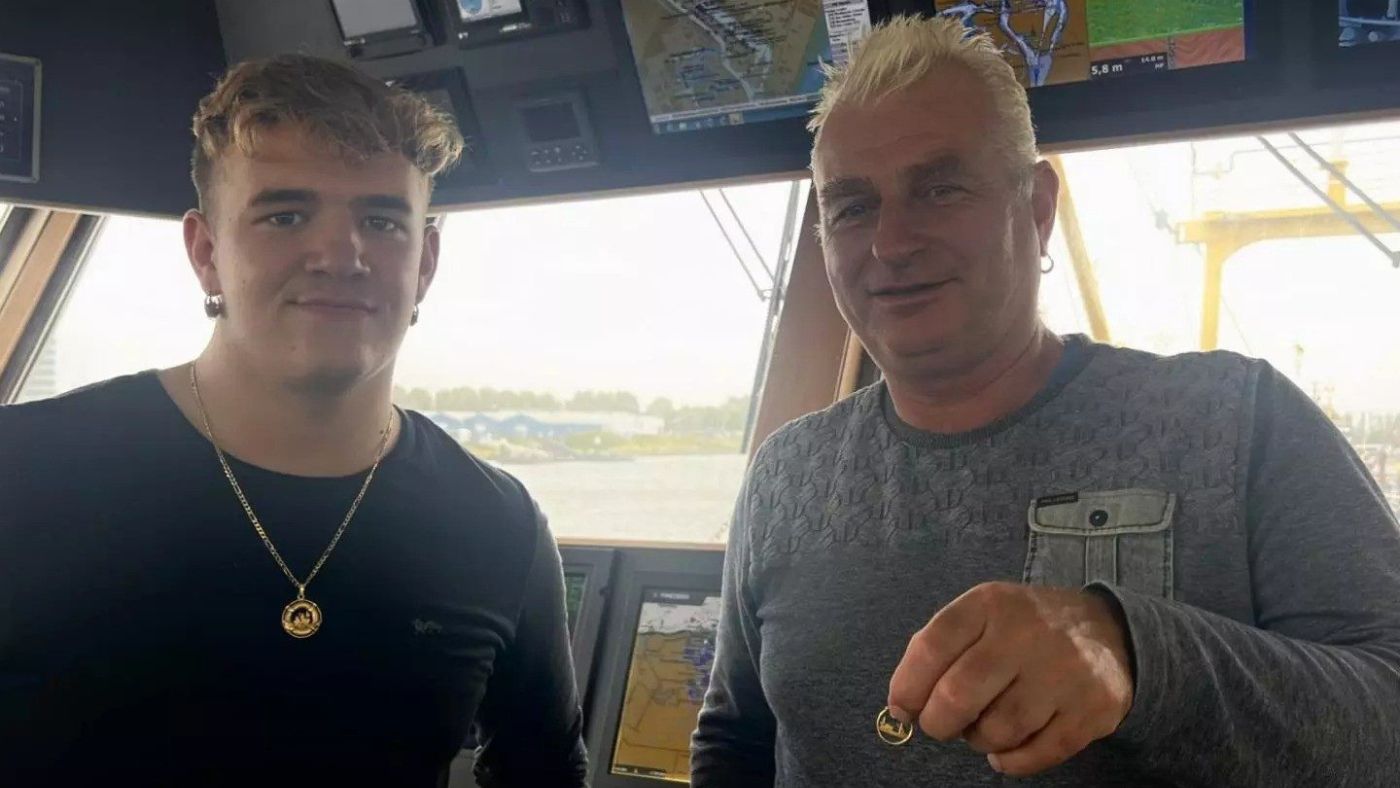 Earring lost at sea returned to fisherman after 23 years
Earring lost at sea returned to fisherman after 23 yearsfeature Good news stories from the past seven days
-
 Bully XL dogs: should they be banned?
Bully XL dogs: should they be banned?Talking Point Goverment under pressure to prohibit breed blamed for series of fatal attacks
-
 The spiralling global rice crisis
The spiralling global rice crisisfeature India’s decision to ban exports is starting to have a domino effect around the world
-
 Netanyahu’s reforms: an existential threat to Israel?
Netanyahu’s reforms: an existential threat to Israel?feature The nation is divided over controversial move depriving Israel’s supreme court of the right to override government decisions
-
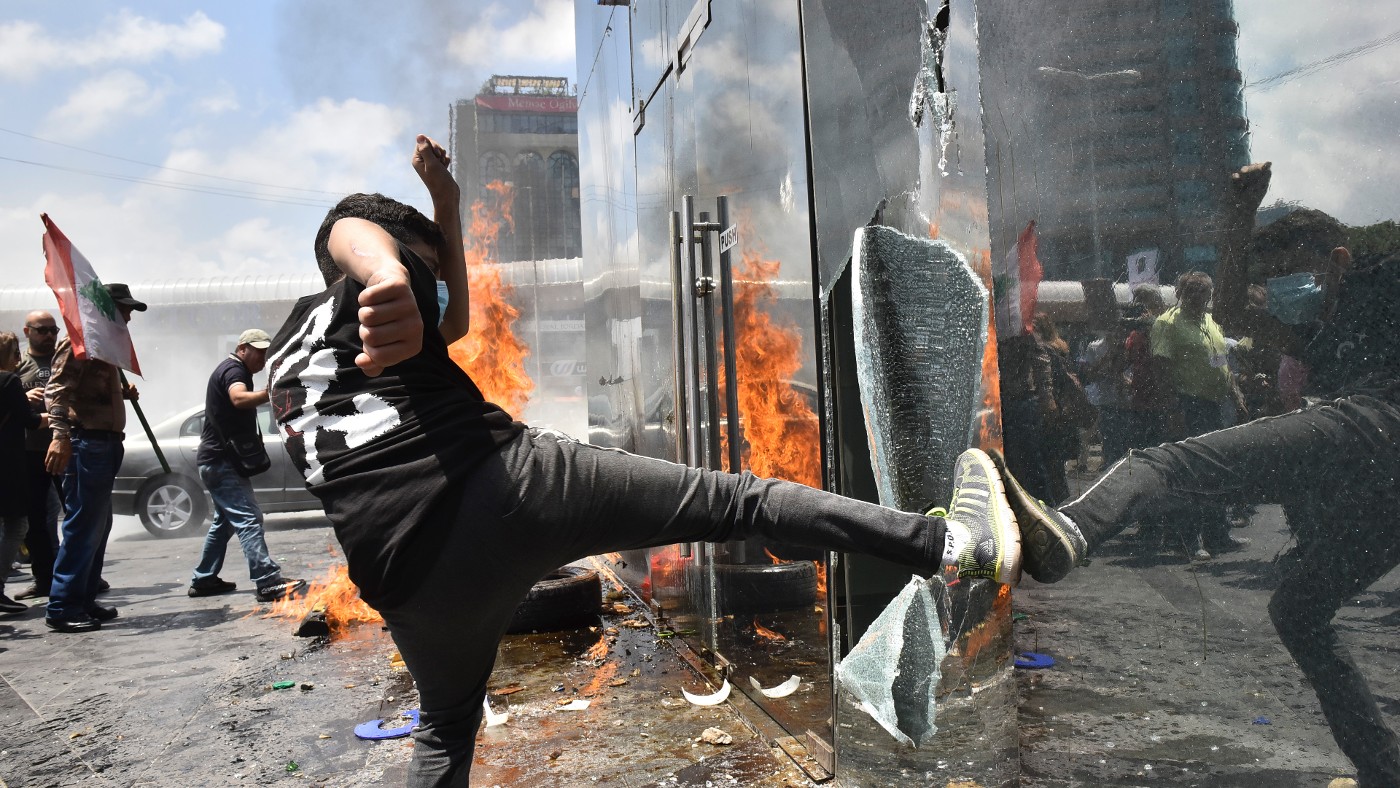 A country still in crisis: Lebanon three years on from Beirut blast
A country still in crisis: Lebanon three years on from Beirut blastfeature Political, economic and criminal dramas are causing a damaging stalemate in the Middle East nation
-
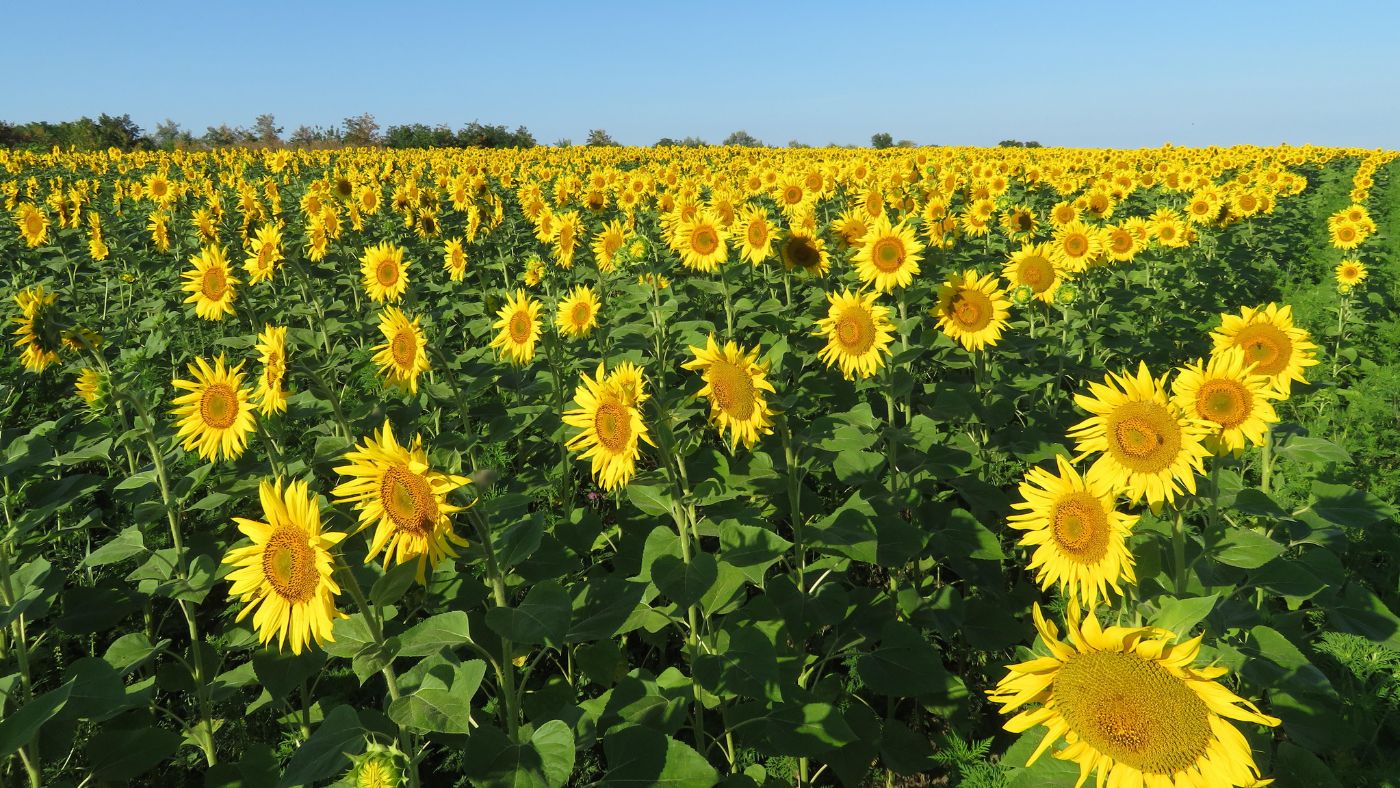 Farmer plants 1.2m sunflowers as present for his wife
Farmer plants 1.2m sunflowers as present for his wifefeature Good news stories from the past seven days
-
 Ghana abolishes the death penalty
Ghana abolishes the death penaltyfeature It joins a growing list of African countries which are turning away from capital punishment
-
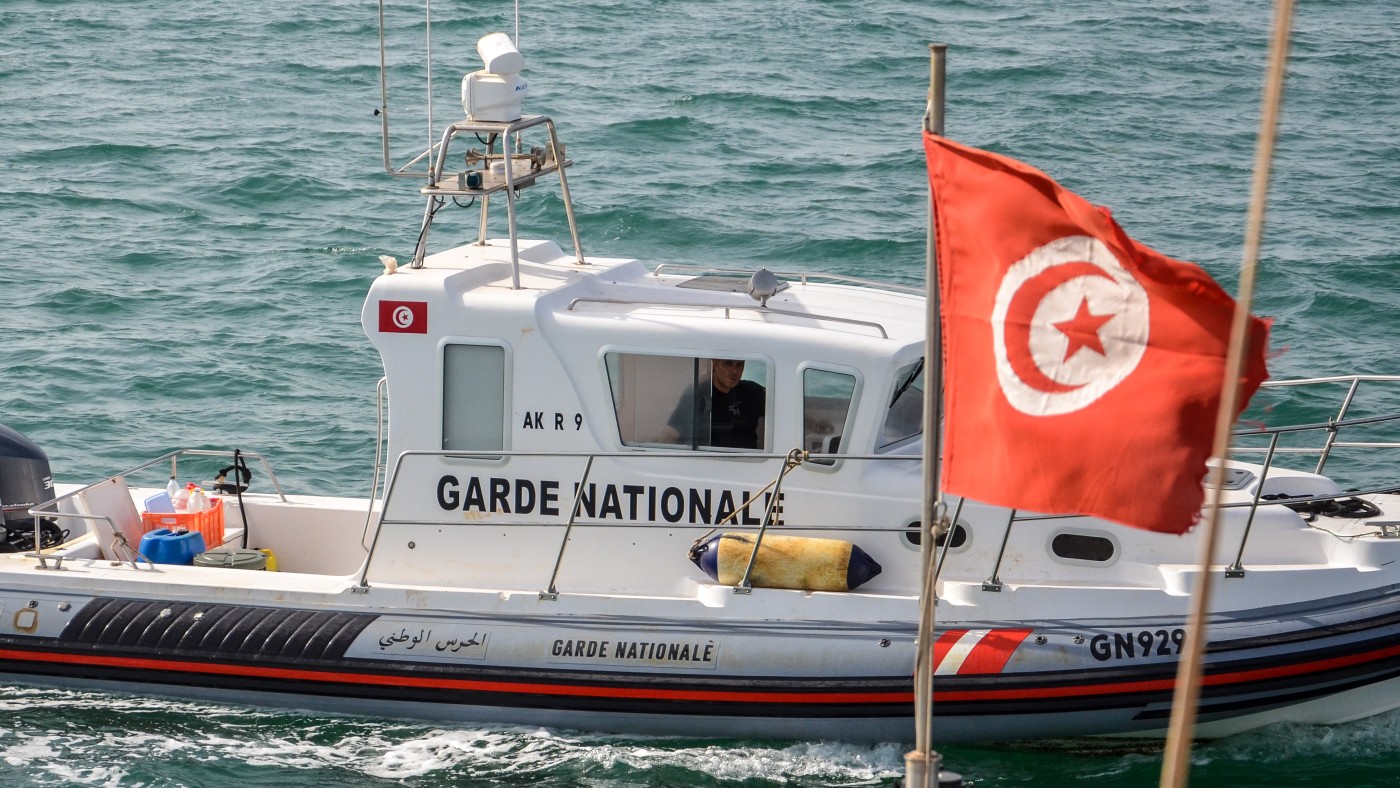 EU-Tunisia agreement: a ‘dangerous’ deal to curb migration?
EU-Tunisia agreement: a ‘dangerous’ deal to curb migration?feature Brussels has pledged to give €100m to Tunisia to crack down on people smuggling and strengthen its borders